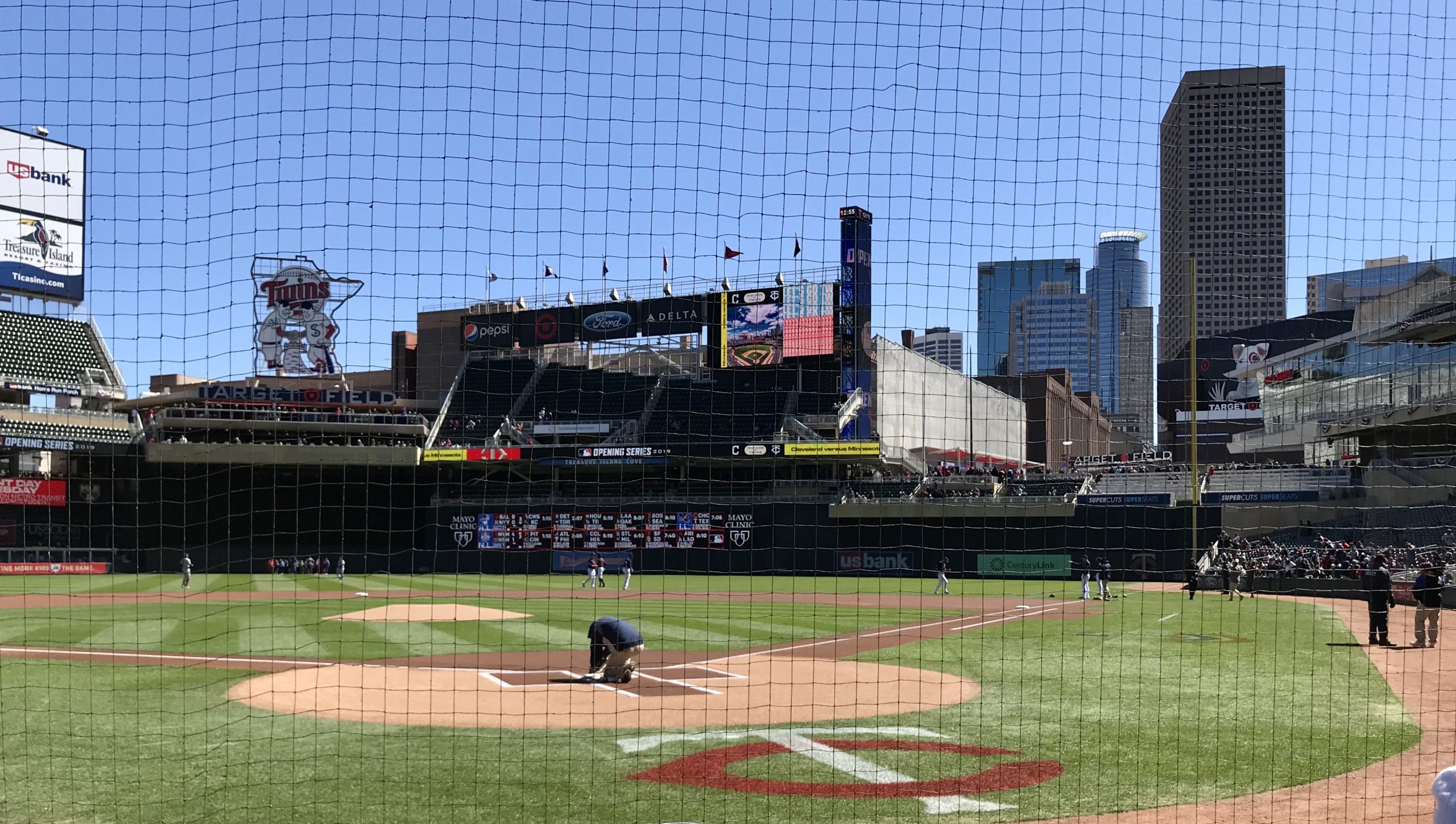Despite the pandemic-shortened, 60-game season, the Twins’ championship window is still closed, and it’s not because of their pitching. The Minnesota Twins were the American League’s best team through the first 60 games in 2019, tied with the Los Angeles Dodgers for best record in Major League Baseball.
In the offseason, the front office added 40-year-old free agent pitcher Rich Hill and traded flame-throwing Brusdar Graterol for starter Kenta Maeda. Homer Bailey was also acquired to address the back of the rotation as Michael Pineda serves the rest of his suspension for performance enhancing drugs (PEDs). The moves added much needed depth and experience that was missing in yet another playoff elimination at the hands of the New York Yankees. But both Hill and Bailey are now injured with Pineda still suspended and 2019 All-Star starter Jake Odorizzi also hurt. Randy Dobnak, former St. Paul Saint and former Uber driver, has been Minnesota’s best pitcher (1 ER in 15 IP).
As indicated in a 2-0 loss to the Shane Bieber and Cleveland, most of the Twins still can’t hit elite pitching. The Twins’ ace, Jose Berrios, made a couple mistakes in succession to Cleveland’s best hitters and got no support offensively. The Twins could only muster two runs of support for Berrios in his latest start against the Royals’ rookie right-hander Brady Singer, but that could be due to unfamiliarity.
If the Twins can’t hit Bieber, they certainly can’t hit Yankees ace Gerrit Cole. Minnesota’s probable starting lineup versus Cole is 6-for-31 with four doubles, a triple, four walks, but no homers. Even Nelson Cruz, the lone exception in the Twins’ lineup who’s proven able to hit just about anyone, is just 3-for-14, but all three hits are doubles. If Nelson Cruz accounts for three-fifths of your offensive production, you’re not going to win very often. But we know the Twins struggle with the Yankees. What if this 16-team, expanded postseason allows them to avoid the Bronx Bombers in the first round of the playoffs?
Let’s say they finish behind Cleveland in the AL Central and draw the Houston Astros. Typical Twins starters are 10-for-39 with one double, one dinger, and just two walks against Houston’s Zack Greinke. It took a shutout and solo homer to beat Justin Verlander last season, and if he’s healthy for the postseason (and the Astros will be there), the Twins might be wishing they drew the Yankees. Current Twins have a career OPS of .560 against Verlander, which got a considerable boost from the addition of Josh Donaldson’s .817 OPS and backup catcher Alex Avila’s 1.455 OPS against Verlander. Avila has just nine at-bats versus Verlander, though, and he’s struck out five times. Starting catcher Mitch Garver is 0-for-3 with 1 K.
The Twins are obviously a playoff team, but they’ve been that, and only that, since 2002. They stopped the Oakland Athletics’ AL-best winning streak at 20 games, then beat them again in the ALDS, playing the same “moneyball” made famous by a tobacco-spitting Brad Pitt portraying A’s general manager Billy Beane. Meanwhile, the “Piranhas” spent less than Oakland and achieved more, making the 2002 Twins the biggest underdog overachievers ever. These Twins are not the “Piranhas.” While there is some speed and skill outside of hitting homers in Minnesota’s lineup, the Twins’ offensive production is going to depend on dingers. Speaking of the Athletics, they’re currently the best team in the American League. So how do the Twins matchup with them?
Current Twins are 1-for-7 with one walk against Oakland right-hander Frankie Montas. Unfamiliarity will certainly play a role in the first few meetings with Montas. The same is so for lefty Jesus Luzardo, whom the Twins have not seen. The Twins were 3-for-15 with two walks and three runs scored against righty Chris Bassitt last season. So the Twins’ championship window is still closed.



